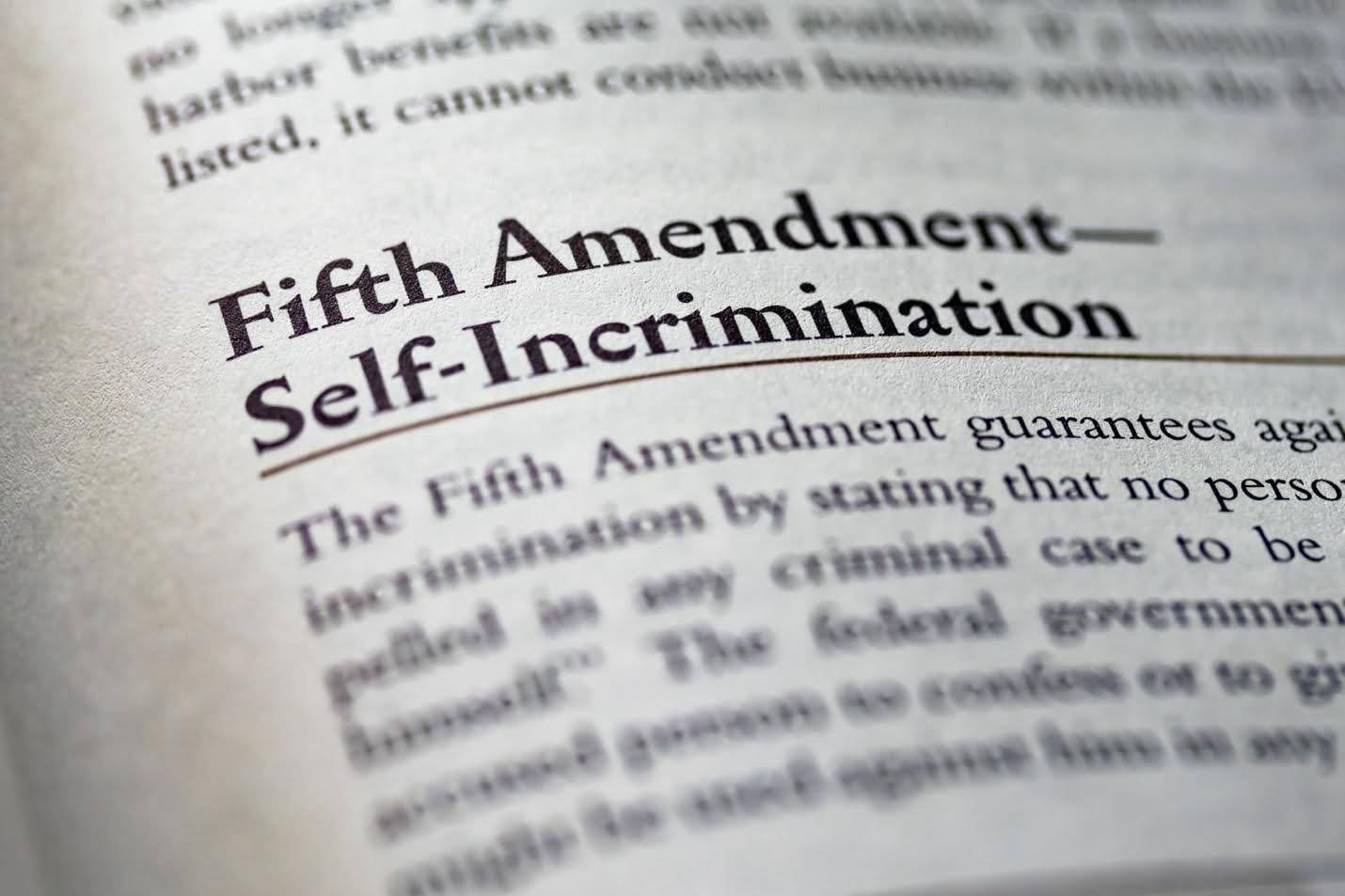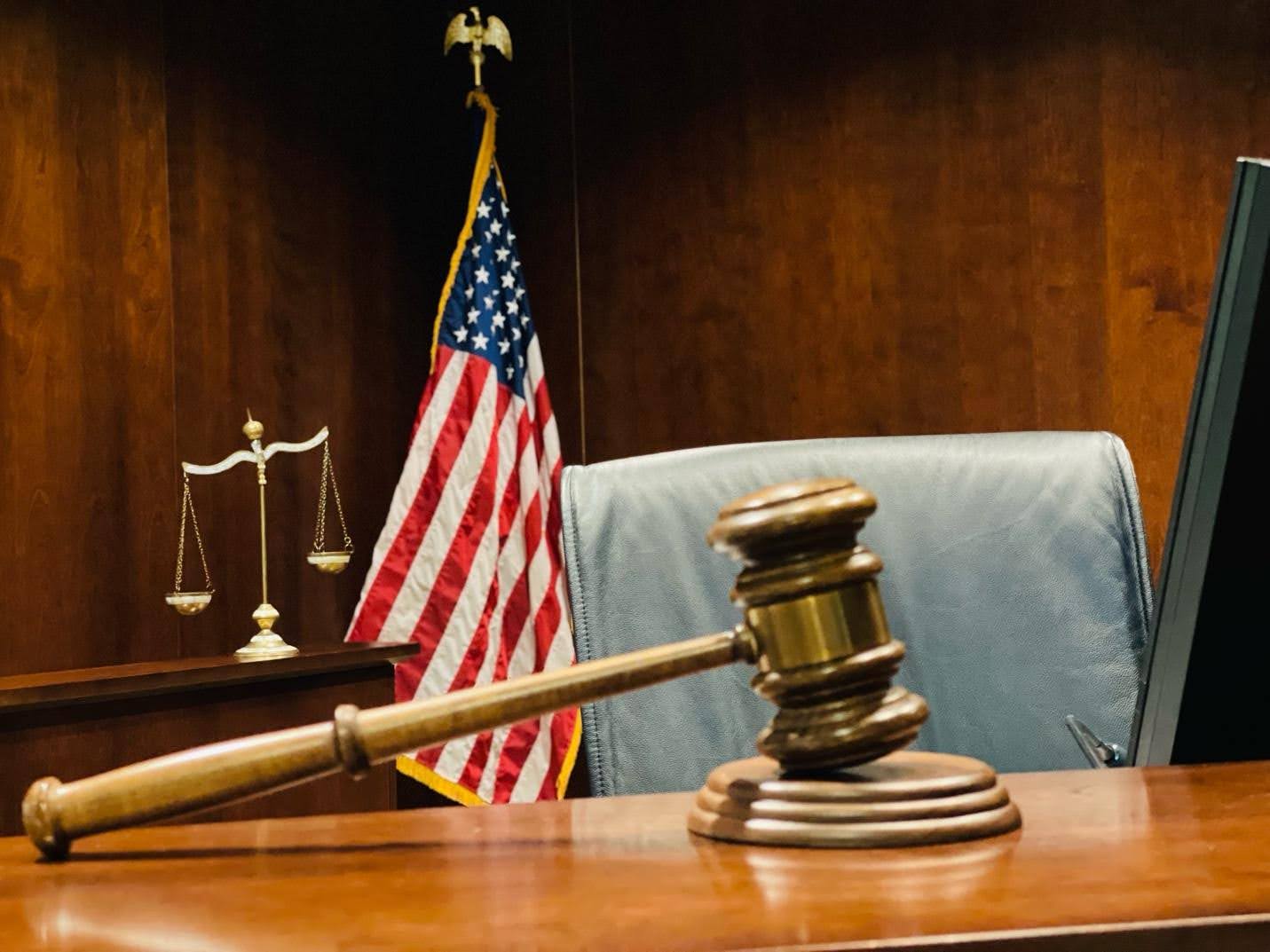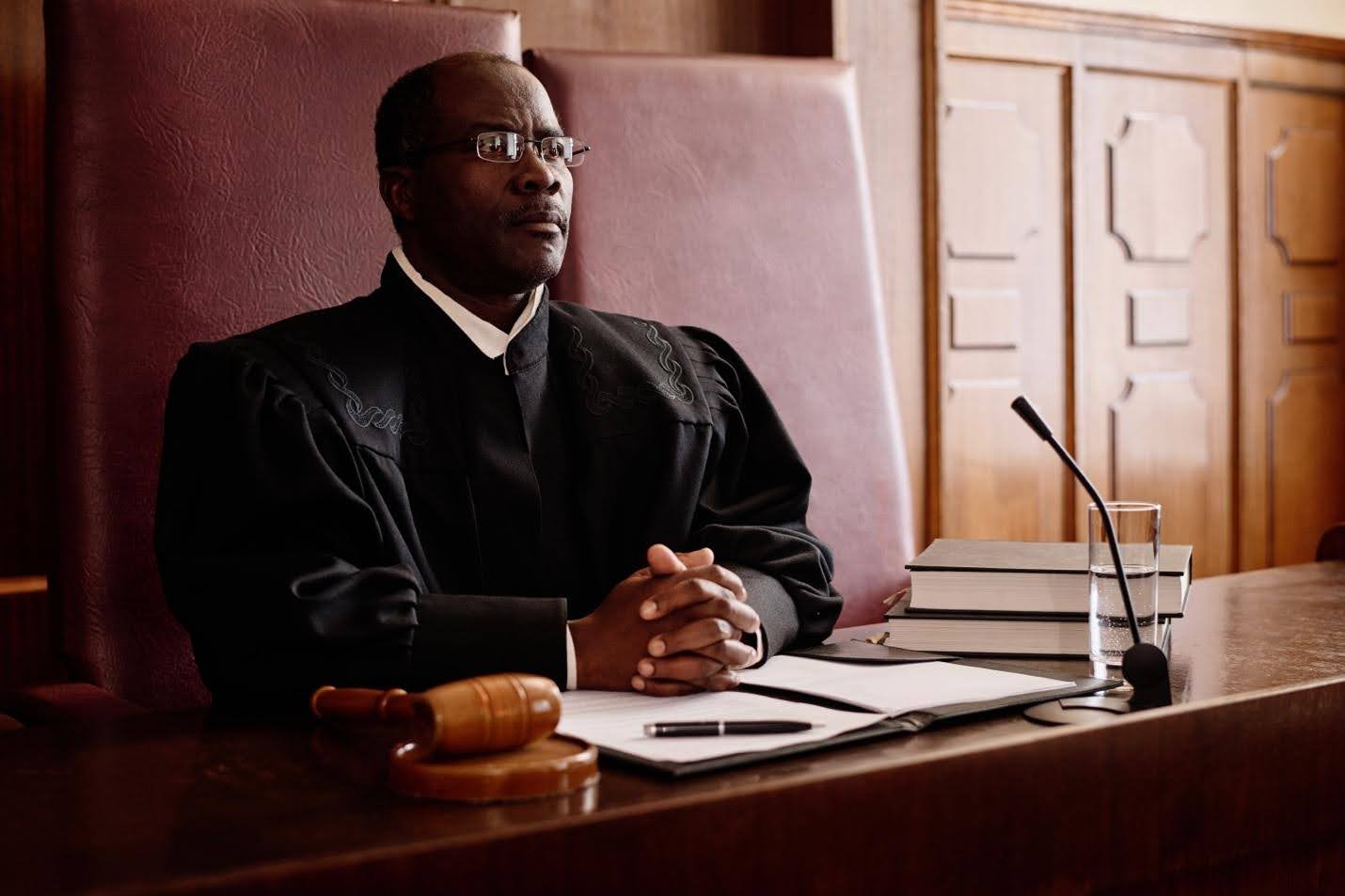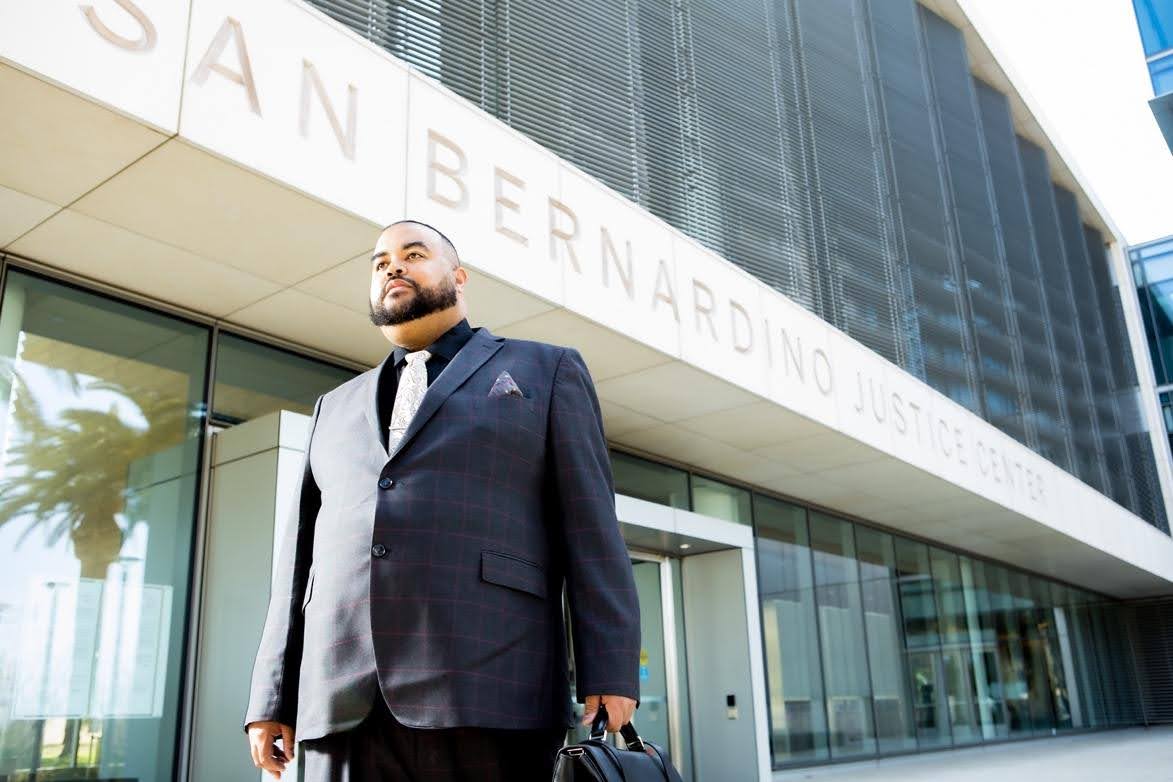
The phrase, “You have the right to remain silent,” is familiar to many from TV shows and movies. These are your Miranda rights, but many people don’t fully understand when these rights apply and what law enforcement can or can’t do in relation to them.
Knowing how to protect your rights under California law is critical if you’re ever detained or arrested by the police. In this article, we’ll break down the difference between being detained and being arrested, what your Miranda rights are, when they apply, and how police must conduct themselves during an interrogation.
Detention vs. Arrest: Understanding the Difference
It’s important to understand that being detained is different from being arrested. The distinction affects whether or not police must read you your Miranda rights.
What Is Detention?
Detention occurs when a police officer temporarily restricts your freedom to investigate possible criminal activity. This is typically a brief encounter and may happen, for example, during a traffic stop or if an officer stops you on the street because they suspect you of involvement in a crime.
- Key point: When you’re detained, you are not under arrest, but you are not free to leave.
- No Miranda Warning Required: The police do not need to read you your Miranda rights when you are being detained because they are not formally interrogating you. They are simply investigating, asking basic questions, and assessing the situation.
What Is an Arrest?
An arrest occurs when law enforcement takes you into custody, believing there is probable cause that you’ve committed a crime. Unlike detention, an arrest significantly restricts your freedom of movement, and you are taken to a police station or jail.
- Key point: Once you are under arrest, you are no longer free to leave, and police are required to inform you of your Miranda rights before conducting a custodial interrogation.

What Are Miranda Rights?
Miranda rights, named after the landmark 1966 Supreme Court case Miranda v. Arizona (384 U.S. 436), are designed to protect individuals from self-incrimination during an arrest. These rights include:
- The right to remain silent.
- The right to have an attorney present during questioning.
- The warning that anything you say can and will be used against you in court.
- The right to a court-appointed attorney if you cannot afford one.
Why Are Miranda Rights Important?
Miranda rights safeguard your Fifth Amendment right against self-incrimination and your Sixth Amendment right to legal representation. If these rights are violated, any statements you make during a custodial interrogation may not be admissible in court.

When Do Police Have to Read You Your Miranda Rights?
Law enforcement is required to read you your Miranda rights only when both of the following conditions are met:
- You are in custody, meaning you are not free to leave.
- You are being interrogated by the police about a crime.
Detention vs. Arrest and Miranda Rights
- During a detention, police do not need to read you your rights because they are not conducting a custodial interrogation.
- During an arrest, if police wish to ask you questions, they must first provide a Miranda warning. If they fail to do so, your answers may not be used against you in court.
What Happens If the Police Don’t Read You Your Miranda Rights?
Failing to read Miranda rights before a custodial interrogation can have serious legal consequences. Here’s what you need to know:
Inadmissibility of Statements
If police fail to read you your rights and proceed to question you in custody, any statements you make may be considered inadmissible in court. This could weaken the prosecution’s case against you.
However, it’s important to note that this doesn’t mean the charges will automatically be dropped. A skilled criminal defense lawyer can help challenge the evidence and fight for the best possible outcome.
Exceptions to the Miranda Rule
There are situations where police may not need to read you your rights, such as:
- Public safety exception: If there’s an immediate threat to public safety (e.g., locating a weapon), police can ask questions without first reading you your Miranda rights.
- Voluntary statements: If you voluntarily make statements without being prompted by law enforcement, those statements may still be admissible.
What Police Can and Can’t Do During an Arrest
Knowing what police can and can’t do during an arrest can help you better protect your rights.
What Police Can Do
- Ask Routine Questions Without a Miranda Warning: Police can ask for your name, address, and identification without reading your Miranda rights.
- Question You After Reading Your Rights: Once police have read you your Miranda rights, they are allowed to question you about the crime.
- Use Physical Evidence: Even if your Miranda rights are violated, any physical evidence they collect (such as drugs or weapons) is still typically admissible in court.
What Police Can’t Do
- Use Statements Obtained Illegally: If the police question you in custody without providing the Miranda warning, those statements may not be used in court.
- Coerce You Into Speaking: You are under no obligation to answer questions. Once you invoke your right to remain silent or request an attorney, police must stop questioning you.
- Deny You Access to a Lawyer: If you request an attorney, police must halt any questioning until your lawyer is present.

How to Invoke Your Miranda Rights
If you are arrested, you can invoke your rights by clearly stating your intention to remain silent or ask for a lawyer. Here are some key tips:
Clearly State That You Are Invoking Your Rights
Simply say, “I am invoking my right to remain silent,” or “I want to speak to a lawyer.” These statements will ensure that police cannot continue to question you without legal counsel.
Do Not Waive Your Rights
Law enforcement may try to convince you to speak without a lawyer. However, it’s in your best interest to wait until your attorney is present before answering any questions.

Why Miranda Rights Matter in Southern California Criminal Cases
If you are arrested in Southern California, from Los Angeles to San Bernardino, Riverside, and Orange County, understanding and invoking your Miranda rights can significantly impact the outcome of your case. Whether you are facing charges for DUI, drug possession, sex offenses, or assault, a violation of your rights can give your defense lawyer grounds to challenge the evidence.
With the vast network of law enforcement agencies in Southern California, including the LAPD, Riverside Sheriff’s Department, San Bernardino County Sheriff’s Department, and many local police agencies mistakes during an arrest can happen. Working with a skilled criminal defense attorney can help protect your rights.
What to Do If Your Miranda Rights Were Violated
If you believe your Miranda rights were violated, contact a criminal defense attorney as soon as possible. An experienced lawyer can review the circumstances of your arrest, challenge the evidence, and work to ensure your rights are upheld.
Contact a Southern California Criminal Defense Lawyer Today
Have you been arrested and questioned without receiving a Miranda warning? You may have legal grounds to challenge the evidence against you. Contact Vincent S. Hughes, an experienced Southern California criminal defense lawyer, today to schedule a free consultation and protect your rights.

